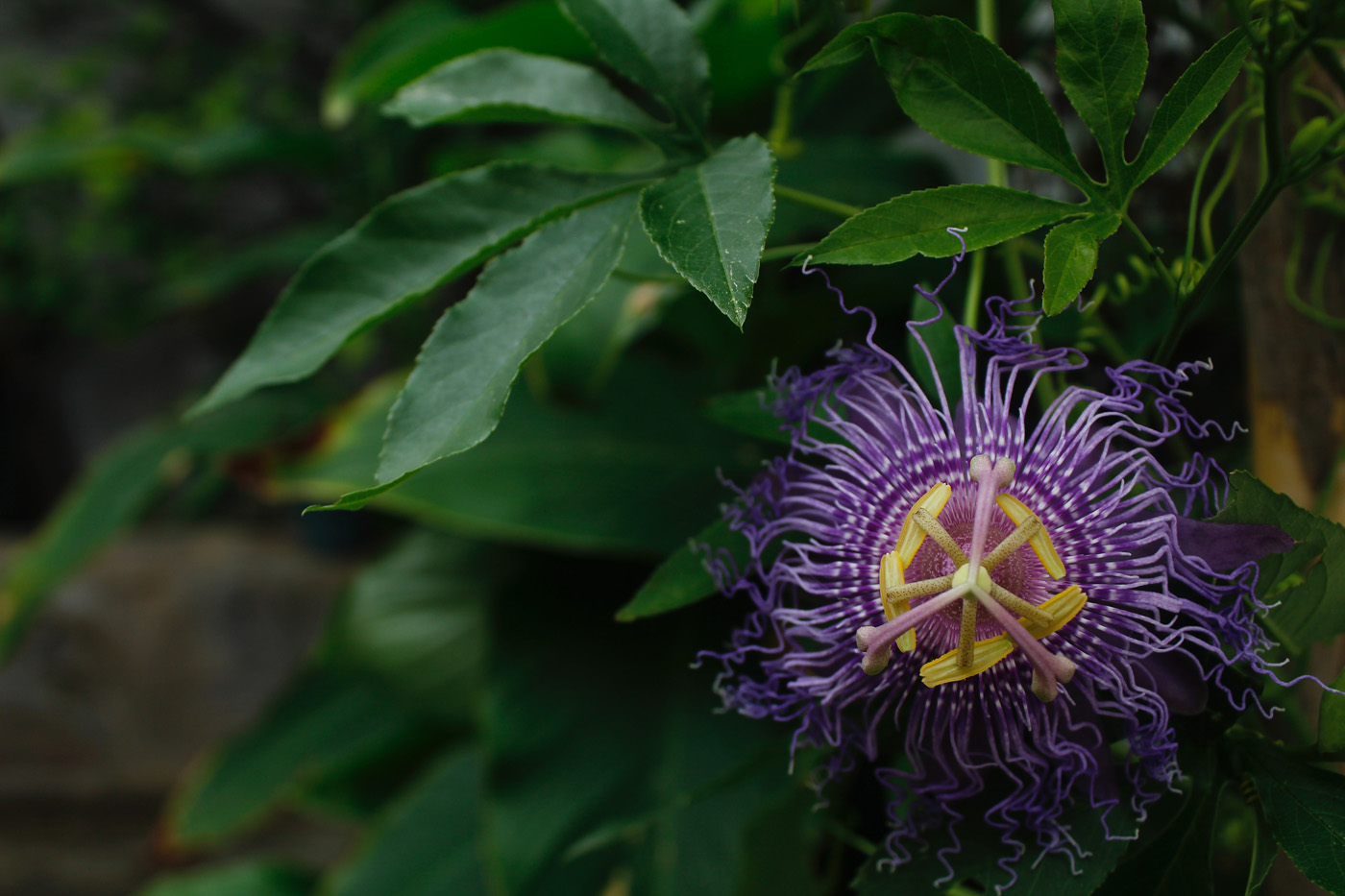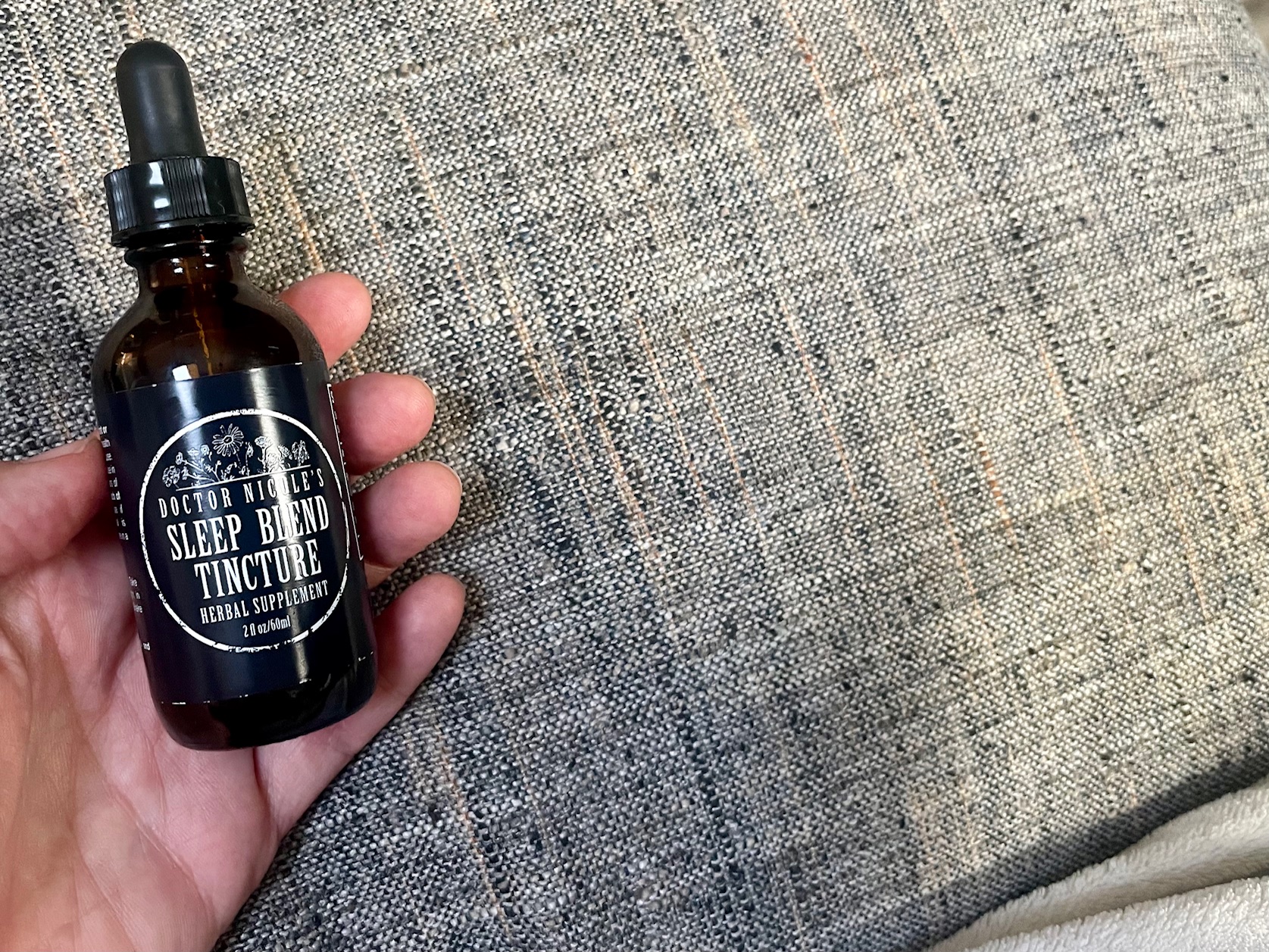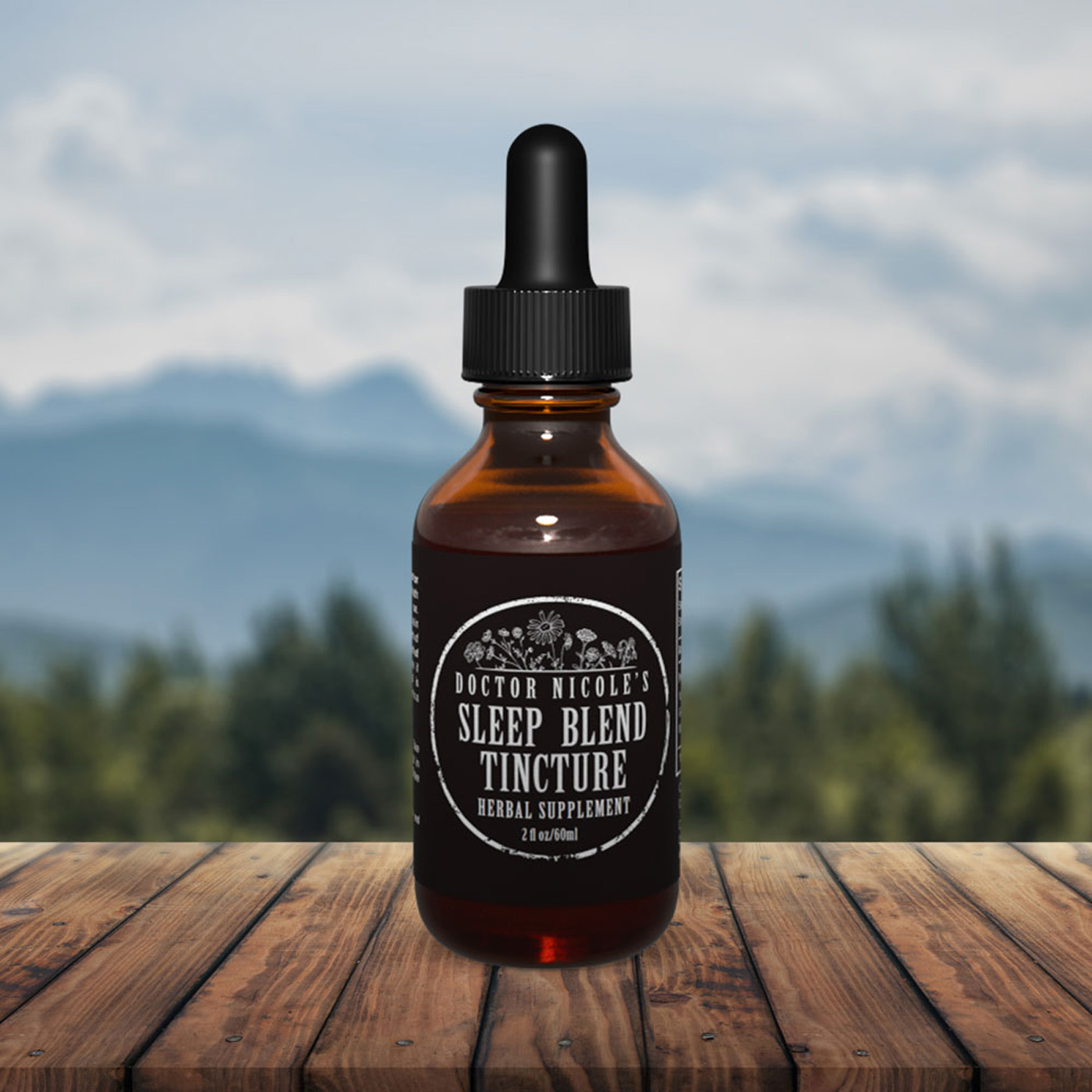Green Gold for Health
If you like matcha tea, good news! Research has long-established the health benefits of matcha green tea — including protecting the liver, promoting heart health and weight loss, as well as boosting brain function. But that’s not all. A new study has added another reason to enjoy this frothy drink: improved social cognition and sleep in those with mild dementia. To learn more about matcha, keep reading. The range of health benefits may surprise you.
What is Matcha?
While matcha comes from the same Camellia sinensis plant as green tea, it is grown differently and has a more robust nutrient profile. For much of its growth period, the plant is shaded to produce higher levels of chlorophyll — which creates a dark green plant that is brimming with antioxidants and amino acids. Once harvested, the stems and veins are removed and the leaves are ground into a fine powder. Due to the unique growing process and because the whole leaf is consumed, matcha contains more bioactive compounds and caffeine compared to standard green tea.
How to Prepare
Matcha is easy to prepare, although in a traditional tea ceremony the process is elevated to a high art. For our purposes here, we will be covering a simple method of preparation.
To make the tea, add 1-2 teaspoons of the powder to a mug and pour in the hot water while mixing it together with a bamboo whisk. In a pinch, a wire whisk will suffice. Get creative! You can also make a matcha latte by swapping out the water with warm milk or non-dairy substitute; add it to smoothies; or incorporate the green tea into desserts such as ice cream and cookies.
Science-Backed Benefits
Boosts cognitive function. Matcha has long been known to help improve brain function. Researchers believe this is due to the antioxidant profile and L-theanine, a neurotransmitter that encourages alertness and clear thinking.3 Human studies have also shown that the tea improves attention, reaction time, and memory compared to those given a placebo.4 Additionally, older adults who consumed 2 grams of the powder each day exhibited improved brain function after two months.5
Supports heart health. Since matcha is a type of green tea, it may help to lower the risk of cardiovascular disease by reducing high blood pressure.6
Encourages weight loss. A 2020 review published in the journal Phytotherapy Research found that green tea — when paired with a healthy diet and regular exercise — may help to support weight loss when taken for twelve weeks at 500 mg/day.7
Better Sleep and Social Functioning
Along with the benefits noted above, matcha has also been shown to support improved sleep and broader social functioning in older adults.8 Ninety-nine people between the ages of 60 to 85 participated in the study. Each was randomly assigned to either the matcha or placebo group and given either capsules with 2 grams of matcha each day or capsules with cornstarch.
Cognitive assessments were given at the beginning, the end, and at the six month mark during the study. Neuropsychological status, memory, executive functioning, attention, social acuity, and sleep quality were also documented. Neuroimaging of each participant was conducted as a baseline and then again at the end of the study to observe gray and white matter levels in the brain. The researchers met with the participants every three months throughout the study to document their cognitive function.
At the end of the study, the team noted that the matcha group demonstrated improved social acuity in recognizing facial expressions and understanding word meanings, as well as improved sleep. These are important factors as poor sleep quality and social acuity are indicators of future dementia risk — including Alzheimer’s disease.
Safety
While matcha is generally recognized as safe, if you are sensitive to caffeine this may not be the drink or supplement for you. Of course, this also means that the tea should be enjoyed early in the day so as not to disrupt sleep. Matcha can also expose you to environmental contaminants such as pesticides and heavy metals in the soil like arsenic.1 Because of this, always source organic brands whenever possible to reduce the risk. Researchers agree that 4 grams (2 level teaspoons) of matcha per day is typically safe for most adults.2
Plant-Based Support for Sleep
Given these findings on cognitive health and dementia, quality sleep is exceedingly important to encourage ultimate brain health. Our Sleep Blend formulation is an outstanding option. It contains powerful extracts of the following herbs to promote deep rest:
VALERIAN ROOT
- Improves sleep by increasing the levels of the neurotransmitter gamma-aminobutyric acid (GABA)9
- Decreases frequent waking at night and calms restless sleep
- Helps people fall asleep faster
- Improves sleep quality and length
- Assists in improving sleep issues connected with menopause
- Soothes stress and anxiety
HOPS
- Sedative properties for relieving insomnia Boosts production of GABA, a calming brain chemical that promotes sleep
- Increases sleep time; works best in combination with valerian root
- Reduces body temperature, which helps people enter into a relaxed state for sleep
Additional note: a flavonoid in hops has been found to help reduce weight gain, lower elevated cholesterol, and reduce high blood sugar.
CHAMOMILE
- Acts as a sedative
- Calms the nervous system
- Soothes muscle aches and pains that may disrupt sound sleep
- Contains apigenin, an antioxidant that can induce sleep
- Chamomile calms the nervous system and is a slight sedative. It contains apigenin, an antioxidant that can induce sleep. It also soothes muscle aches and pains that may disrupt sound sleep.
PASSION FLOWER
- Herbal sedative
- Anxiolytic (soothes anxiety) and helps calm the body and mind
- Improves sleep quality
- Improves ADHD symptoms
- Reduces the effects of menopause — including depression and hot flashes
- Passion flower is a sedative and an anxiolytic (soothes anxiety) that helps calm the body and mind, improves sleep quality, helps with ADHD symptoms, and reduces the effects of menopause — including depression and hot flashes.
HELPS ME TO WAKE UP REFRESHED!
“Not my first tincture, not my last! My hubby and I love the sleep blend! It’s all-natural and I wake up refreshed; finally! Five stars indeed!” -Shanna
If you would like to encourage rejuvenating sleep and support healthy cognitive function, this is the all-natural blend for you. Stop by my apothecary today to learn more!
Nicole Apelian
Nicole’s Apothecary Products in this Post
References
- Siraj J. Organochlorine pesticide residues in tea and their potential risks to consumers in Ethiopia. Heliyon. 2021 Jul 26;7(7):e07667. doi: 10.1016/j.heliyon.2021.e07667. Erratum in: Heliyon. 2021 Aug 17;7(8):e07814. doi: 10.1016/j.heliyon.2021.e07814. PMID: 34381908; PMCID: PMC8340115.
- Hu, J., Webster, D., Cao, J., & Shao, A. (2018). The safety of green tea and green tea extract consumption in adults – Results of a systematic review. Regulatory toxicology and pharmacology : RTP, 95, 412–433. https://doi.org/10.1016/j.yrtph.2018.03.019
- Kochman J, Jakubczyk K, Antoniewicz J, Mruk H, Janda K. Health Benefits and Chemical Composition of Matcha Green Tea: A Review. Molecules. 2020 Dec 27;26(1):85. doi: 10.3390/molecules26010085. PMID: 33375458; PMCID: PMC7796401.
- Dietz, C., Dekker, M., & Piqueras-Fiszman, B. (2017). An intervention study on the effect of matcha tea, in drink and snack bar formats, on mood and cognitive performance. Food research international (Ottawa, Ont.), 99(Pt 1), 72–83. https://doi.org/10.1016/j.foodres.2017.05.002
- Ide K, Yamada H, Takuma N, Park M, Wakamiya N, Nakase J, Ukawa Y, Sagesaka YM. Green tea consumption affects cognitive dysfunction in the elderly: a pilot study. Nutrients. 2014 Sep 29;6(10):4032-42. doi: 10.3390/nu6104032. PMID: 25268837; PMCID: PMC4210905.
- Teramoto M, Yamagishi K, Muraki I, Tamakoshi A, Iso H. Coffee and Green Tea Consumption and Cardiovascular Disease Mortality Among People With and Without Hypertension. J Am Heart Assoc. 2023 Jan 17;12(2):e026477. doi: 10.1161/JAHA.122.026477. Epub 2022 Dec 21. PMID: 36542728; PMCID: PMC9939061.
- Lin, Y., Shi, D., Su, B., Wei, J., Găman, M. A., Sedanur Macit, M., Borges do Nascimento, I. J., & Guimaraes, N. S. (2020). The effect of green tea supplementation on obesity: A systematic review and dose-response meta-analysis of randomized controlled trials. Phytotherapy research : PTR, 34(10), 2459–2470. https://doi.org/10.1002/ptr.6697
- Uchida K, Meno K, Korenaga T, Liu S, Suzuki H, Baba Y, et al. (2024) Effect of matcha green tea on cognitive functions and sleep quality in older adults with cognitive decline: A randomized controlled study over 12 months. PLoS ONE 19(8): e0309287. https://doi.org/10.1371/journal.pone.0309287
- Lindahl O, Lindwall L. Double blind study of a valerian preparation. Pharmacol Biochem Behav. 1989 Apr;32(4):1065-6. doi: 10.1016/0091-3057(89)90082-8. PMID: 2678162. https://pubmed.ncbi.nlm.nih.gov/2678162/







